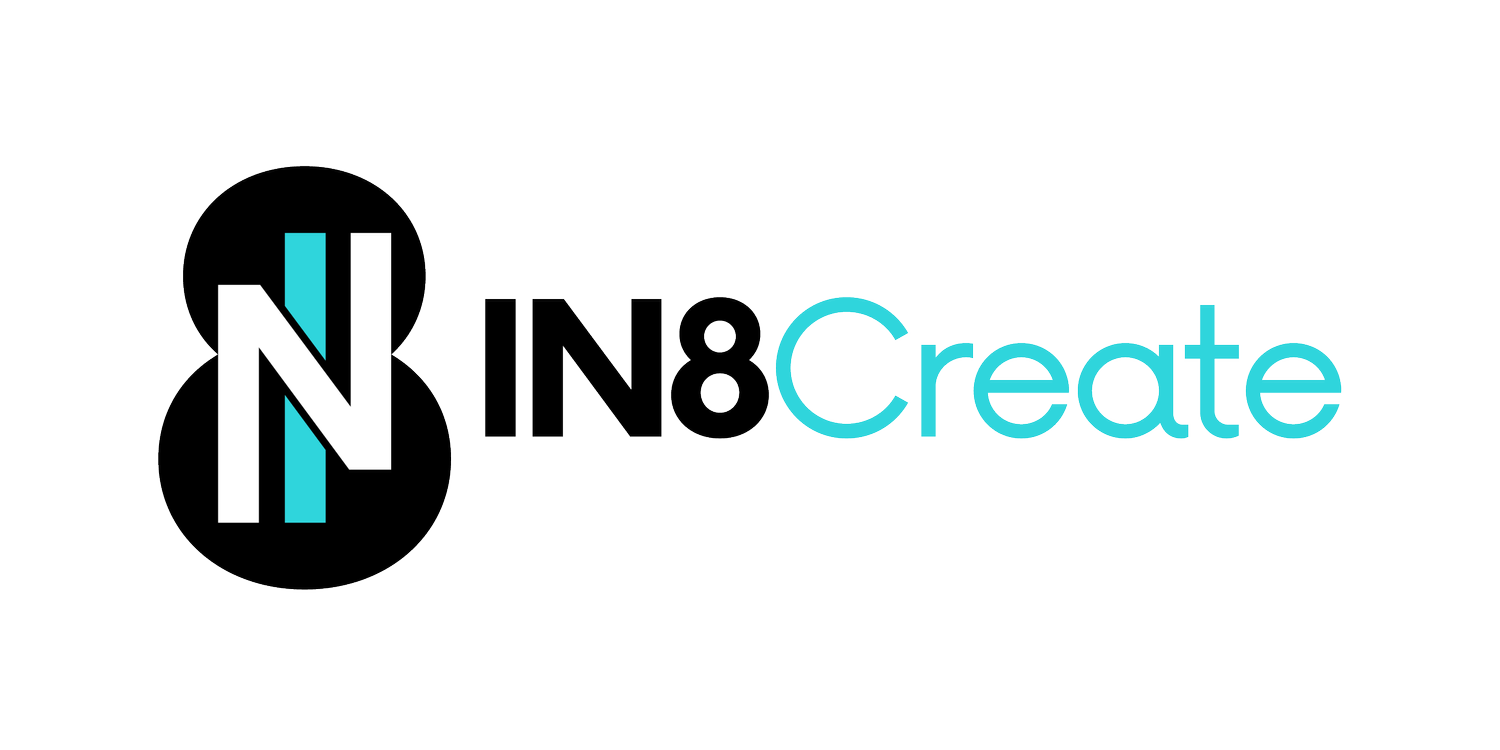Team 101: What Does It Mean to Be Part of a Team?
Defining Real Team Membership
I watched it happen in real time.
A couple months ago, I walked into what should have been a straightforward team building session. Instead, I got a masterclass in everything that goes wrong when people show up to a team but never actually join it.
Phones stayed out during introductions. Some people actively chose not to participate in exercises designed to help them connect. And the most frustrating part? The majority of the group was genuinely trying to engage, but a few individuals made it nearly impossible for anyone else to build meaningful connections.
Standing there watching this unfold, I realized something: These people had never been taught the fundamentals of what it actually means to be part of a team.
Not their fault, really. Most of us learn teamwork through trial and error, picking up habits from previous teams (good and bad), and hoping for the best. But when teams are struggling—especially during periods of change, growth, or transition—it's usually because they've never established the basic agreements that make collaboration possible.
So what does it actually take to be part of a team? Not just show up to team meetings, but truly contribute to something bigger than yourself?
The Non-Negotiable Fundamentals
After working with hundreds of teams navigating everything from organizational restructures to remote work transitions, six patterns consistently separate functional teams from dysfunctional collections of individuals:
1. Trust and Reliability: The Foundation Everything Else Builds On
Trust isn't built through trust falls and team retreats. It's built through small, consistent actions that prove you'll do what you say you'll do.
This means showing up prepared, meeting commitments, and delivering quality work consistently. But it also means something deeper: trusting others to handle their responsibilities without micromanaging or creating backup plans that undermine their accountability.
Teams in transition especially struggle here. When roles are shifting or processes are changing, the temptation is to hold on tighter and trust less. But teams that navigate change successfully do the opposite—they lean into trust, creating clear agreements about what reliability looks like in the new reality.
2. Communication: Beyond Just "Talking More"
Every team says they need better communication. But communication isn't about frequency—it's about clarity, honesty, and psychological safety.
Real team communication means you can express ideas without having them dismissed, provide feedback without starting a political battle, and discuss problems without being labeled as "negative" or "not a team player."
This is especially critical during organizational changes. Teams that communicate effectively through transitions create space for people to voice concerns, ask questions, and contribute solutions. Teams that don't? They go underground with their real thoughts, creating the kind of surface-level collaboration that looks fine in meetings but falls apart under pressure.
3. Respect: Seeing the Whole Person, Not Just Their Role
Mutual respect goes deeper than politeness. It means recognizing that every team member brings unique value, even if it's different from your own contribution.
Respect shows up in how you listen during discussions, how you respond to ideas that differ from your own, and whether you make space for different working styles and perspectives.
During times of change, respect becomes even more important. People are adapting at different speeds, processing change differently, and may need different types of support. Teams that maintain respect through transition create environments where everyone can contribute their best work, even when everything else feels uncertain.
4. Collaboration and Support: We Succeed Together or Not at All
True collaboration isn't just working on the same project. It's actively supporting each other's success and sharing knowledge, skills, and resources that help the team win.
This means stepping in when a teammate is overwhelmed, sharing expertise that could help someone else, and celebrating others' victories as enthusiastically as your own.
Teams navigating change need this more than ever. When processes are new, roles are evolving, or the organization is shifting direction, individual success depends on collective support. The teams that thrive during transition are the ones where people actively help each other adapt and succeed.
5. Adaptability: Embracing Change as a Team Sport
Adaptability isn't just about being flexible when plans change. It's about approaching uncertainty with curiosity instead of resistance and treating challenges as problems to solve together rather than threats to avoid individually.
For teams in transition, adaptability is what separates those who get stronger through change from those who get fractured by it. Adaptable teams ask "How do we navigate this together?" instead of "How do I protect myself?"
6. Commitment to Common Goals: Beyond Individual Agendas
Being committed to team goals doesn't mean abandoning personal career objectives. It means understanding how individual success connects to collective success and making decisions that support both.
This is where many teams struggle during periods of change. When the future feels uncertain, people naturally focus on self-preservation. But teams that maintain commitment to shared goals—even as those goals evolve—create stability and direction when everything else feels chaotic.
Why This Matters More During Change
Here's what I've learned from watching teams navigate mergers, reorganizations, leadership transitions, and market shifts: The fundamentals become even more important when everything else is changing.
When processes are new, roles are unclear, and the future feels uncertain, teams fall back on their foundational agreements about how they work together. Teams with strong fundamentals adapt and grow stronger. Teams without them fracture under pressure.
The teams I saw struggle most during recent organizational changes weren't the ones facing the biggest challenges—they were the ones who had never established basic expectations about trust, communication, respect, collaboration, adaptability, and shared commitment.
The Real Team Building
Building these fundamentals isn't about team retreats or trust exercises. It's about creating explicit agreements around how you'll work together, then practicing those agreements until they become natural.
It's having conversations about what reliability looks like on your specific team. What does good communication mean when you're working across time zones? How do you show respect for different working styles? What does mutual support look like during busy periods?
The strongest teams don't assume everyone shares the same definitions of these fundamentals. They get specific about what each one means in their context.
Because when change inevitably comes—and it always does—teams with clear fundamentals have something solid to stand on while they adapt everything else.
Is your team navigating change without clear fundamentals? We help teams establish the foundational agreements that make collaboration possible, especially during periods of transition and growth. Through hands-on LEGO® Serious Play® methodology, your team will discover and build the specific agreements that work for your unique situation. Contact us to learn how we can help your team build a stronger foundation for whatever changes lie ahead. We’re based in NYC and travel across the US.
Related Posts:
https://www.in8create.com/blog/the-art-of-we-vs-me-in-teams
https://www.in8create.com/blog/the-human-communication-system-in-teams



